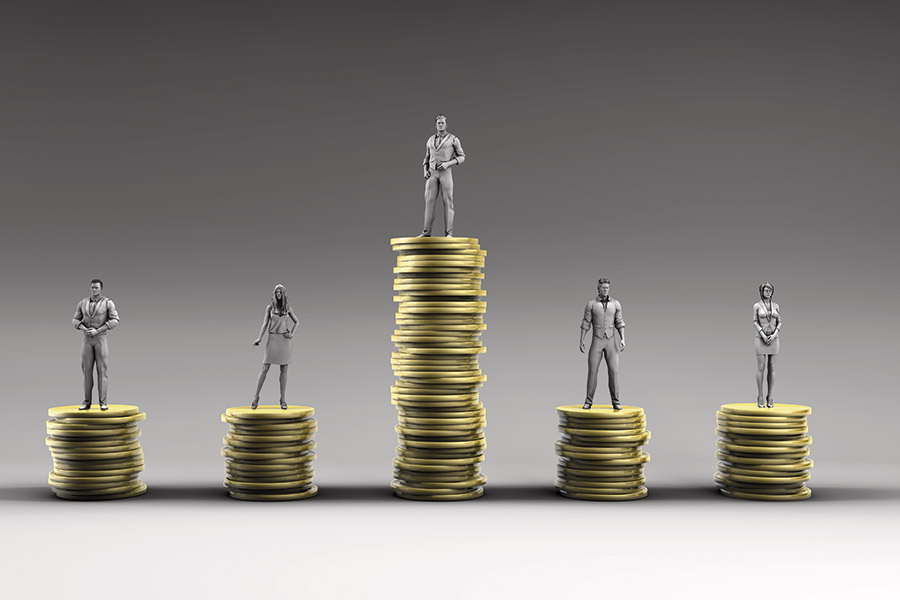In the last 15 years before the COVID-19 crisis, Germany has experienced a strong and continuous increase in employment - the ‘German job miracle’. During this period, income inequality, which had previously increased sharply, remained relatively stable. This paper analyzes the impact of employment changes on disposable income inequality between 2004 and 2015 and gives an answer to the question why inequality remained constant despite the dramatic increase in employment.

